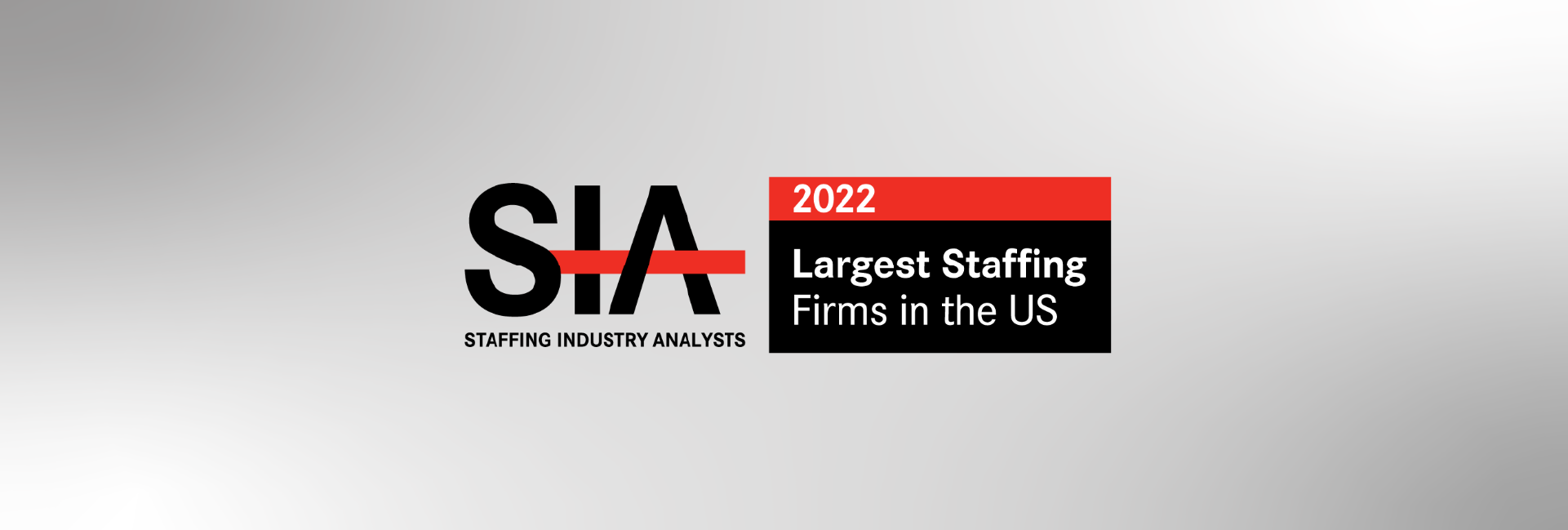Stabilize Clinical Workforces with Strategic Staffing

Today, healthcare leaders are at the intersection of growing physician shortages, shifting care expectations, and operational strain. Insights during a recent Medicus panel at Becker's CEO + CFO Roundtable revealed that achieving workforce stability requires solutions that respond to immediate staffing needs and anticipate future demands.
4 Ways Interim Healthcare Staffing Helps Stabilize Clinical Workforces
Interim healthcare staffing partnerships emerged as a key strategy during the Becker's session, offering healthcare leaders a way to address staffing challenges with flexibility and precision. These partnerships not only bridge short-term gaps but also help organizations build resilience and scalability.
1. Overcoming Patient Backlogs
Radiology physician shortages can often lead to bottlenecks in care delivery, delaying critical diagnosis and treatment plans. Strategically leveraging a locum tenens agency can quickly resolve backlogs and maintain quality care standards.
Chad Tuttle, Senior Vice President, Clinical Shared Services at Corwell Health, shared how the Medicus Transition Program was pivotal in reducing substantial imaging backlogs and supporting the staffing needs of their outsourced radiology group.
"What happened was...our backlog went from 3 to 4,000 over a series of months to 18,000, and in some cases, our oldest study went from three days to 45 to 60 days. We partnered with Medicus to identify a bolus of providers...to find around 20 FTEs. Within 60 days, we brought the backlog down to 2,500, with 95% being read within 24 hours." -Chad Tuttle, Senior Vice President, Clinical Shared Services at Corwell Health
By deploying a fully vetted team of radiologists, Medicus enabled Corwell Health to resolve radiology backlogs and ensure patients received timely results.
2. Changing Staffing Models
Changing staffing models, such as moving from an outsourced to employed program, requires a strategic approach. Chuck Sherwin, President of MyMichigan Medical Center, Midland, detailed how the Medicus Transition Program provided the support necessary to uphold continuity of care during the organization’s shift from an outsourced to employed anesthesia program.
"Medicus was able to, within about 60 days, build out the whole anesthesia program and get us started on day one. We've now done more cardiac surgeries in the last month than we have in the last two years. We have not seen any decrease in surgical volumes." -Chuck Sherwin, President of MyMichigan Medical Center, Midland
His insight showcases that strategic alignment with your locum tenens agency is crucial for building successful anesthesia models.
3. Developing Scalable Workforce Models
Scalable workforce models are critical for addressing both current and future needs. Medicus enables healthcare organizations to design adaptable care delivery frameworks that balance interim and permanent staffing.
Dr. Mohammed Minhaj, Chair of Anesthesia at Endeavor Health, described how Medicus supported the integration of CRNAs into the anesthesia program, helping establish an effective anesthesia care team model.
"That transition plan and project with Medicus was actually ideal. It's allowed us to focus more on the recruiting aspect of recruiting permanent employees but knew that we had the safety of having the people that we needed to take care of the patients." – Dr. Mohammed Minhaj, Chair of Anesthesia at Endeavor Health
This strategic approach allowed Endeavor Health to enhance operational flexibility, improve team-based care delivery, and build a cost-effective, sustainable workforce.
4. Strengthening Critical Service Lines
When essential service lines such as anesthesia and radiology are at risk, interim healthcare staffing partnerships provide the resources and expertise needed to ensure continuity and strengthen the program.
Mason Van Houweling, CEO of the University Medical Center of Southern Nevada (UMC), shared how Medicus' played a key role in supporting two UMC programs during their transition from outsourced to employed staffing models.
"I always call Medicus our cavalry. Not only once but twice, they've come over the hill and helped the University Medical Center. We've extended hours, are doing weekends, and are following procedures that we have never done at UMC before. Our ORs are busier than ever." – Mason Van Houweling, CEO of the University Medical Center of Southern Nevada (UMC)
With Medicus' partnership, UMC successfully transitioned both its anesthesia and radiology programs from outsourced to employed staffing models. This collaboration expanded services, met growing patient needs, and maintained operational excellence.
Healthcare organizations navigating workforce challenges can benefit from innovative staffing solutions and collaborative partnerships. The Medicus Transition Program ensures healthcare leaders have the coverage needed to achieve their operational objectives without compromising patient care.
By maintaining consistent communication, offering 24/7 support, and managing credentialing, licensing, and scheduling, Medicus keeps leaders informed throughout the process. This alignment allows healthcare leaders to focus on their strategic goals, confident that they have the resources to maintain continuity and quality care.
For more insights on the Becker's CEO + CFO session, Cracking the Code: Solutions for Clinical Workforce Stabilization, explore the recap of this Medicus-hosted panel or read our blog on Recognizing the Early Warning Signs of Clinical Staffing Instability.
Are you in need of interim healthcare staffing coverage? Complete the form to connect with Medicus today!
.png)

%202025%20Staffing%20100%20List.png)